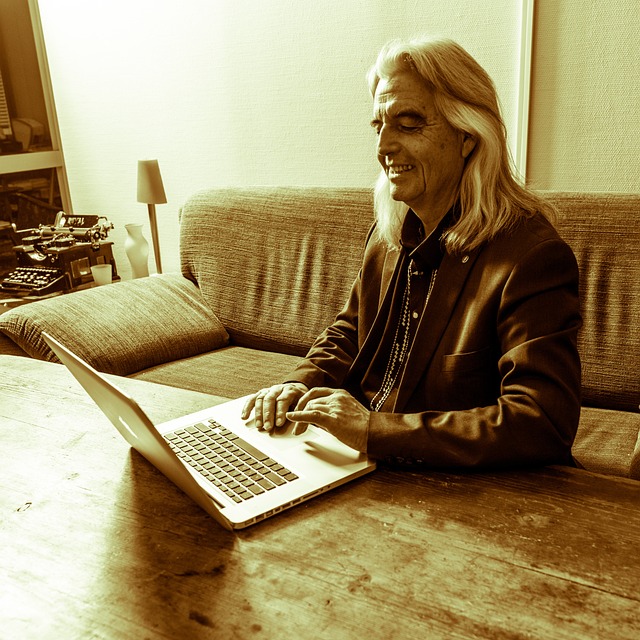The Intersection of Science and Modern Philosophy: Exploring Consciousness in Existentialism
In the ever-evolving landscape of human thought, the realms of science and modern philosophy converge to illuminate one of the most profound aspects of our existence: consciousness. This exploration invites us to consider not only consciousness as a neurological phenomenon but also as a cornerstone of existential inquiry. In the context of existentialism, we grapple with the essence of being, freedom, and the subjective experience that defines our humanity.
As scientific research delves into the mechanics of the mind, probing neural connections and cognitive functions, it often parallels the philosophical investigations of thinkers like Jean-Paul Sartre and Simone de Beauvoir. For existentialists, consciousness is not merely a byproduct of biology; it is a defining characteristic of our existence. It separates us from the deterministic nature of the universe, securing our place in a world that often feels chaotic and indifferent.
Modern philosophy urges us to question the very fabric of our experiences. What does it mean to be conscious? How do our experiences shape our identities? Existentialists assert that we are not born with predetermined essence; instead, we create our essence through choices and experiences. This liberating notion resonates with the scientific understanding that our brains are malleable, continuously shaped by our interactions with the world. The interplay between our biology and our subjective experience unveils a rich tapestry of existence where we are both creators and the created.
Science provides insights into the workings of the brain, revealing how memories, emotions, and thoughts are intricately woven together. The latest findings in neuroscience offer compelling evidence of the ways our consciousness influences our decision-making processes and perceptions of reality. Yet, as we stand at this crossroads of understanding, it becomes increasingly clear that the scientific method cannot wholly encompass the depth of human experience. Philosophical inquiry invites us to explore the nuances of our existence that remain obscured by empirical data.
The existentialists’ insistence on personal freedom amidst the absurdity of life triggers introspection about our place in the universe. In a world brimming with uncertainty, the paradox of choice is both exhilarating and daunting. Our ability to act, to reflect, and to engage fully with our consciousness allows us to confront existential angst, transforming it into a quest for meaning and authenticity. This journey, colored by our scientific understandings and philosophical reflections, galvanizes a deep sense of connection to the human experience.
As we navigate the complexities of consciousness, we foster a dialogue between the empirical and the existential. The intersection of science and modern philosophy offers a fertile ground for contemplation, igniting a passion for inquiry into who we are and why we exist. Embracing our consciousness—with all its facets—ultimately empowers us to forge our paths in an intricate world, where existential questions await answers that science alone cannot provide.




